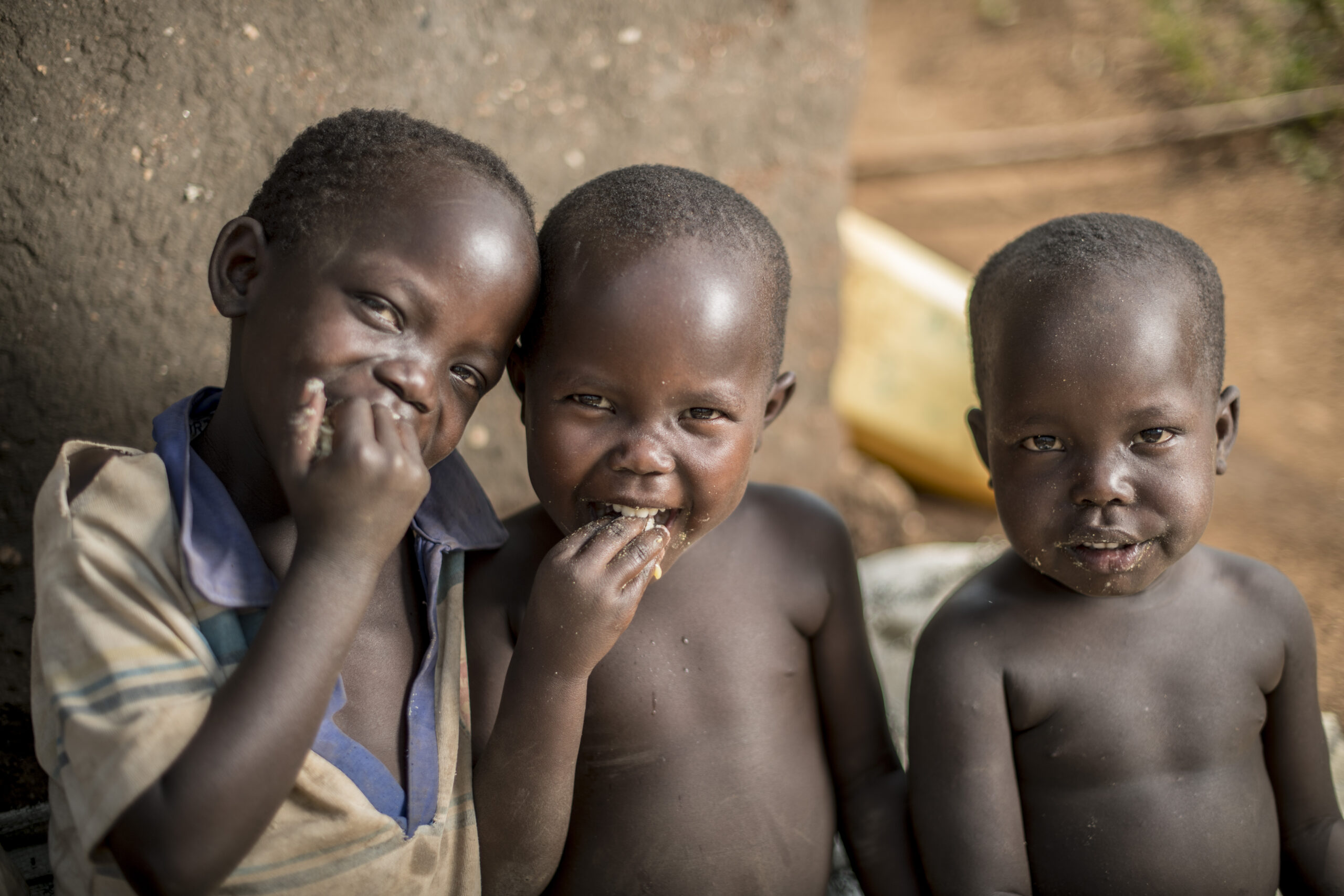
On the 2nd and 3rd of September, the WFP in Côte d’Ivoire, the local government and the Regional Centre of Excellence against Hunger and Malnutrition (CERFAM), in collaboration with the African Union (AU) and the West Africa Health Organization, held a high-level virtual consultation on the theme “Food Fortification: Which Nutritional Approach to Reducing Micronutrient Deficiencies in Africa?”. The consultation was aligned with the African Union 2063 Agenda, the Africa Regional Nutrition Strategy 2015-2025, the United Nations 2030 Agenda and other key continental strategies and priorities.
The WFP Centre of Excellence supported the participation of the Government of Brazil in the event, which highlighted Brazilian good practices in food fortification in a session dedicated to global experiences exchange with India and Côte d’Ivoire. Eduardo Nilson, from the Ministry of Health’s Food and Nutrition Coordination, presented the main national guidelines for large-scale fortification and the methodologies for monitoring and using evidence to adjust the policy. “Brazil has a long history of combating nutrient deficiencies. There is no single strategy to combat malnutrition, the approach is multisectoral with a focus both on promoting healthy diets and on large-scale supplementation and food fortification. The connection with other policies is essential”, highlighted Eduardo Nilson. You can watch the recording here.

The transversality and constant innovation of Brazilian policies to combat malnutrition were also highlighted by Maria Sineide dos Santos, from the National Fund for Education Development (FNDE), within the scope of the National School Feeding Programme (PNAE). “At the beginning, PNAE covered regions and populations in situations of extreme vulnerability and today it is a nation-wide programme, reaching 20% of the Brazilian population. The program is constantly being improved, seeking to align itself not only with Brazilian health policies, but also with global food security agendas, through strong partnerships with FAO, WFP and PAHO”, recalled Sineide Santos.
The session also featured the presentation of learnings and challenges in food fortification by the Ministry of Health and Family Welfare of India and the Government of Côte d’Ivoire. Prof. João Bosco Monte, President of Instituto the Brasil Africa Institute (IBRAF) and moderator of the session, highlighted the similarities between many of the challenges faced in the Global South in nutritional issues and the rich opportunity for mutual learning that the virtual consultation provided.
The event brought together representatives from regional and sub-regional governments, organizations, the Network of African Parliamentarians, development partners, control and regulatory agencies, the private sector, academia and civil society organizations, and sought to propose practical interventions to governments, development partners and other stakeholders to monitor and support African countries’ efforts to eliminate malnutrition in all its forms.




